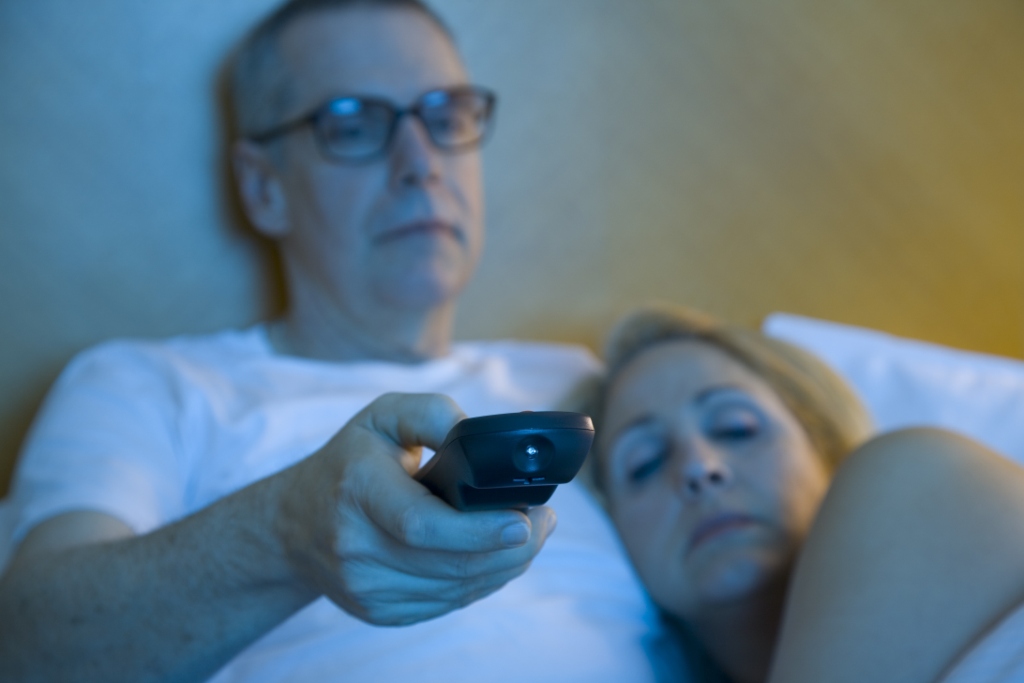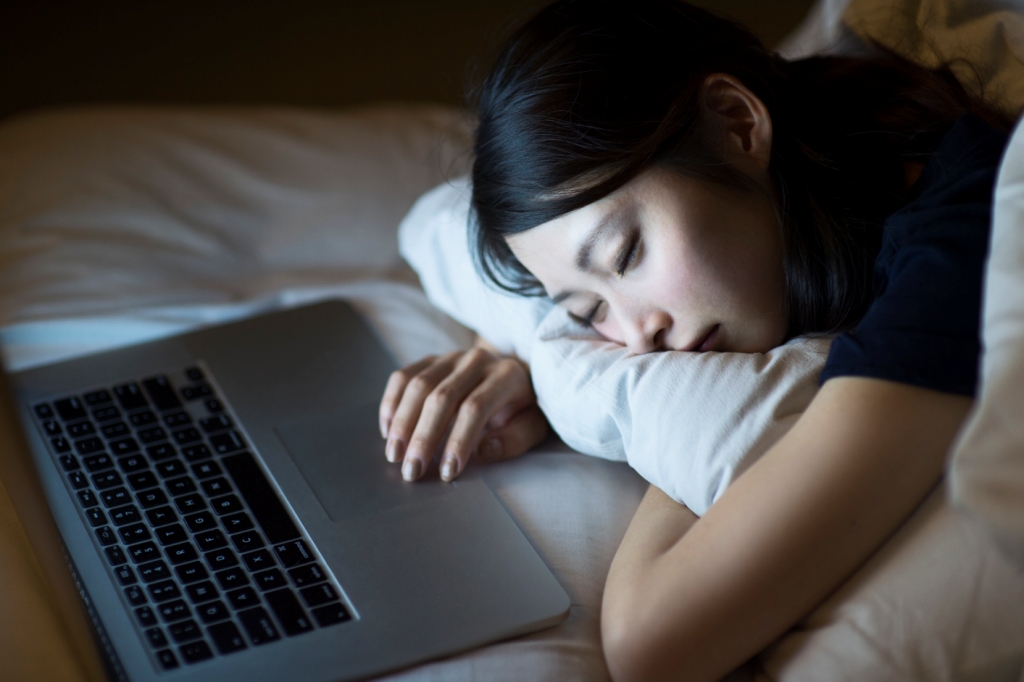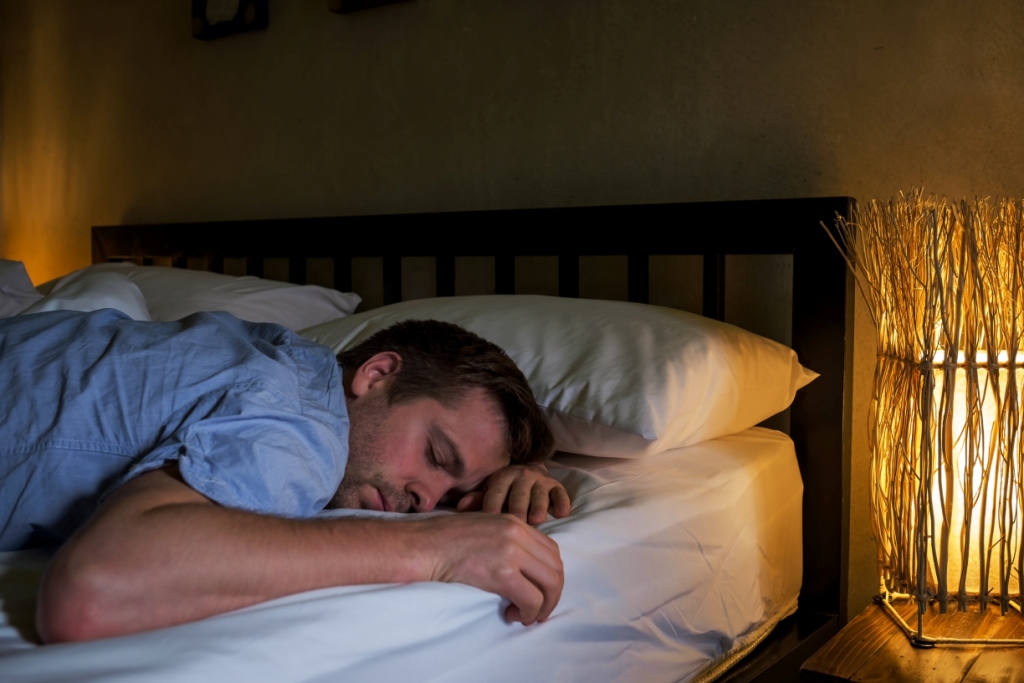We’re busy, productive humans who prioritize a clean house, sports, activities or ‘getting things done’ over sleep – and it’s socially acceptable (even desirable) to do so. I hear people talk about getting “4 hours of sleep last night” but shrugging it off because “I only ever get 4 or 5 hours”.
You might shrug off feeling muddled, needing an alarm clock or relying on coffee to get through your day as necessary steps in a modern world – but scientists are discovering new ways sleep affects our health too.

For example, this study from UC Berkeley, published in August, found that losing sleep is related to becoming socially isolated. The amount of sleep a person got on a night-to-night basis “accurately predicted how lonely and unsociable they would feel from one day to the next.” In fact, not getting enough sleep is associated with depression and reduced well-being and might lead to you remembering negative information more than the positive stuff. Yikes.
On the more physical side, sleep is important when it comes to preventing:
- Diabetes
- Cardiovascular disease
- Obesity
- Injuries (such as motor vehicle crashes)
Why are we sleeping less?
According to the StatsCan researchers, associated factors include exposure to artificial light at night-time (that includes screen time), caffeine, work demands and social commitments. Despite the fatigue, this viral post from Motherly certainly suggests having some ‘me’ time is another reason moms stay up late.

Even if you’re not going furthering your formal education this fall, consider this your mini-course in Sleep School. You can get straight A’s by:
- Creating a routine (with a consistent bedtime) and sticking to it
- Cutting out screen time within an hour of bedtime
- Limiting caffeine, especially after lunch
- Exercising regularly (even a 10-minute walk can help)
- Making sure your bedroom is dark, cool and quiet
Or if you remember one thing, it’s to forget those to-do’s and instead have a snooze.

